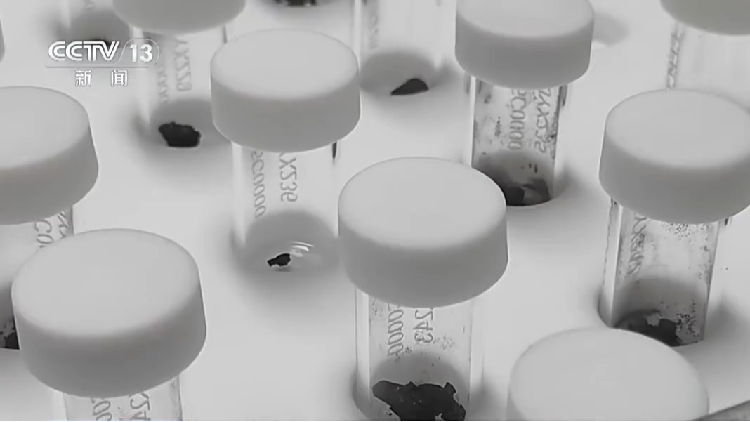China initiates application process for Chang'e-6 and -5 lunar samples
China has begun accepting applications for the Chang'e-6 and -5 lunar samples.

On Tuesday, the Lunar Exploration and Space Engineering Center, a part of the China National Space Administration, announced the beginning of the borrowing application process for these lunar scientific specimens.
Researchers wishing to access these samples can apply through an official data and sample release system, with the application window closing on November 22, 2024. After the application period, the Lunar Exploration Center will conduct a thorough review of the proposals.
The Chang'e-6 mission achieved a milestone by obtaining 1,935.3 grams of samples from the moon's far side, marking a first in human exploration. These samples were taken from the South Pole-Aitken Basin, an area on the far side of the moon that is different from the more familiar nearside regions such as Oceanus Procellarum.
The SPA Basin is recognized as the largest and oldest known impact basin on the moon, with an estimated formation age of about 4.32 to 4.33 billion years. Remote sensing data indicates that the landing site features mid-and low-titanium basalt formations, with surface materials made up of basaltic rocks, feldspar, and gabbro from nearby craters.
Previously, the Chang'e-5 mission, which landed on the moon's near side, collected around 1,731 grams of lunar samples. The eighth batch of these samples is now open for research applications.
The samples from these missions are organized into categories of shovel-collected and drill-extracted, which are further divided into thin sections, rock debris, and powdered samples. Thin sections and rock debris are provided as complete units, while powdered samples are offered by weight in milligrams.
In January 2021, China introduced regulations aimed at promoting international collaboration in lunar research, expressing a commitment to supporting open scientific inquiry.
Last year, the seventh batch of samples from the Chang'e-5 mission was made available to both domestic and international applicants. Ge Ping, deputy director of the Lunar Exploration Center, emphasized that scientists worldwide are encouraged to apply for future distributions of samples in line with the established regulations.
Emily Johnson contributed to this report for TROIB News
Discover more Science and Technology news updates in TROIB Sci-Tech












